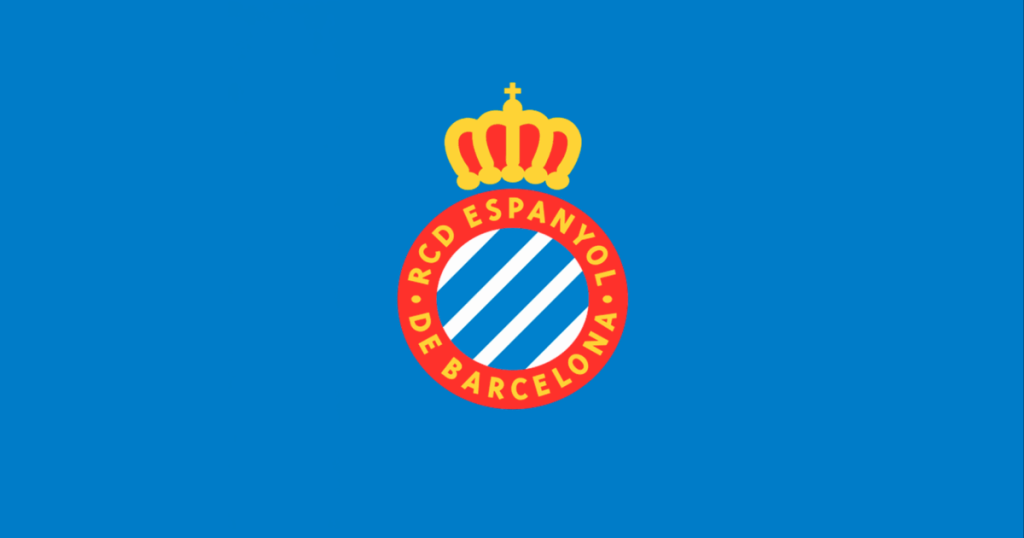Paragraph 1: Introduction to the Acquisition
Velocity Sport Limited (VSL), the owners of English Premier League club Burnley, have expanded their football portfolio by acquiring Spanish La Liga team RCD Espanyol. This acquisition marks a significant development in the world of football club ownership, showcasing the growing trend of multi-club ownership models. The deal, announced on Monday, involves the transfer of majority ownership from the Chinese Rastar Group to VSL, a group based in England with American shareholders. The move raises questions about the future direction of both clubs and the potential synergies that might arise from shared ownership. It also comes at a time of increasing scrutiny of multi-club ownership within football, highlighting the complexities and challenges associated with this evolving ownership structure.
Paragraph 2: Structure of the Deal and Club Independence
The agreement between Rastar Group and Velocity Sport Limited is structured in a way that allows both Burnley and Espanyol to maintain their independent operations. Rastar, while relinquishing majority control, remains involved in Espanyol through its participation in the new investment vehicle led by VSL. This structure aims to balance the benefits of shared resources and financial backing with the preservation of each club’s individual identity and sporting ambitions. While the statement from Espanyol emphasizes independent operations, it remains to be seen how this independence will play out in practice, especially in areas such as player transfers, coaching appointments, and overall strategic direction.
Paragraph 3: Fan Reaction and Rastar’s Legacy at Espanyol
The acquisition comes amidst a backdrop of fan discontent with the Rastar Group’s ownership of Espanyol. Since taking over in 2015, Rastar and its owner Chen Yansheng have presided over a period of instability for the club, which included two relegations from La Liga. This has understandably led to a strained relationship with the fanbase. The arrival of VSL offers a potential fresh start for Espanyol, but also raises questions about whether the new owners can deliver on the promise of stability and success. The fans will be closely watching the new ownership’s actions and decisions, hoping for a brighter future for their club.
Paragraph 4: Multi-Club Ownership and UEFA Regulations
The Espanyol acquisition brings into focus the growing prevalence of multi-club ownership in football and the regulatory challenges it presents. UEFA, European football’s governing body, has rules in place designed to prevent conflicts of interest and maintain the integrity of its competitions, particularly with regards to clubs with the same owner participating in the same tournament. The recent case of Crystal Palace being demoted from the Europa League to the Conference League due to shared ownership with Lyon exemplifies the potential complications that can arise. The situation highlights the need for clear and enforceable regulations regarding multi-club ownership to ensure fair competition and avoid potential manipulation.
Paragraph 5: Comparison with the Crystal Palace/Lyon Case and Potential Challenges
The Espanyol/Burnley situation differs from the Crystal Palace/Lyon case in the sense that Burnley and Espanyol currently play in different leagues and are therefore less likely to face direct competition in UEFA tournaments. However, the potential for conflicts of interest still exists, particularly in areas such as player transfers and loan agreements. VSL will need to navigate these potential conflicts carefully to ensure compliance with UEFA regulations and maintain the integrity of both clubs. The case of Crystal Palace and Lyon serves as a cautionary tale, demonstrating that UEFA is actively monitoring multi-club ownership situations and willing to intervene when necessary.
Paragraph 6: Future Implications and Outlook
The acquisition of Espanyol by VSL represents a significant development in the landscape of football club ownership. The success of this multi-club model will depend on a number of factors, including the ability of VSL to effectively manage the two clubs independently while leveraging potential synergies. The reaction of Espanyol fans will also be crucial, and regaining their trust will be essential for long-term success. The evolving regulatory landscape surrounding multi-club ownership will also play a significant role, and VSL will need to navigate these regulations carefully to avoid potential conflicts and sanctions. The football world will be watching closely to see how this new ownership structure unfolds and what implications it holds for the future of both clubs.


